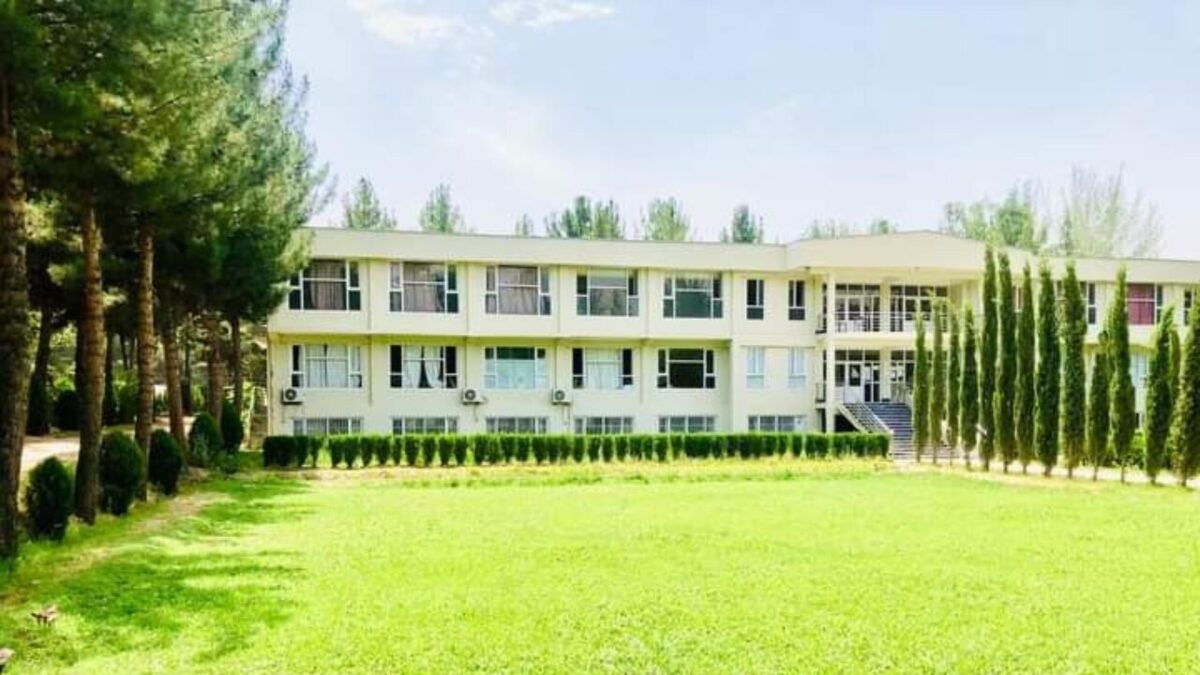KABUL, Afghanistan — Taliban announced on Tuesday the reopening of the medical faculty at Badakhshan University in northeastern Afghanistan, a department that had been closed for nearly two decades due to a lack of resources and infrastructure.
According to a statement released by Taliban, the decision to reestablish the faculty was approved by their leader Hibatullah Akhundzada.
The medical faculty at Badakhshan University was initially established in 1998 by then-President Burhanuddin Rabbani. It operated until 2004, when it was shut down due to insufficient academic staff, inadequate laboratory facilities, and a lack of access to standard hospitals for clinical training.
Following its closure, students were transferred to Kabul University, leaving the province of Badakhshan without a dedicated medical faculty for nearly 20 years.
The reopening comes amid increasing calls from local communities for its revival. In November 2022, participants in a ceremony honoring top university entrance exam performers in Badakhshan urged the Taliban to reactivate the faculty. The issue was subsequently discussed in a meeting of the Taliban’s administrative commission in February 2024.
The Taliban have stated that the reopening aims to “expand quality medical education in Badakhshan, provide better healthcare services to the province’s residents, and address regional health challenges.”
However, the move comes against the backdrop of the Taliban’s strict policies on women and girls’ education, including a ban on women attending universities and training in medical fields. Critics have pointed out the inconsistency in reopening the medical faculty while excluding half the population from pursuing higher education.
The reopening also coincides with the Taliban’s controversial plan to subject university professors, particularly those in Islamic studies, to tests assessing their academic qualifications. The decision has drawn sharp criticism from Afghanistan’s academic community.
Fazal Hadi Wazin, a university professor, called the move an “insult” to the country’s educators, arguing that the assessments are being administered by “military commanders and madrassa clerics with no academic experience.” He warned that “history will record this disgrace.”
Other scholars have criticized the Taliban’s narrow interpretation of Islamic teachings, accusing the group of reducing Islam and Sharia to the dogmas of Deobandi seminaries. This approach, they argue, clashes with more comprehensive and progressive Islamic perspectives.





